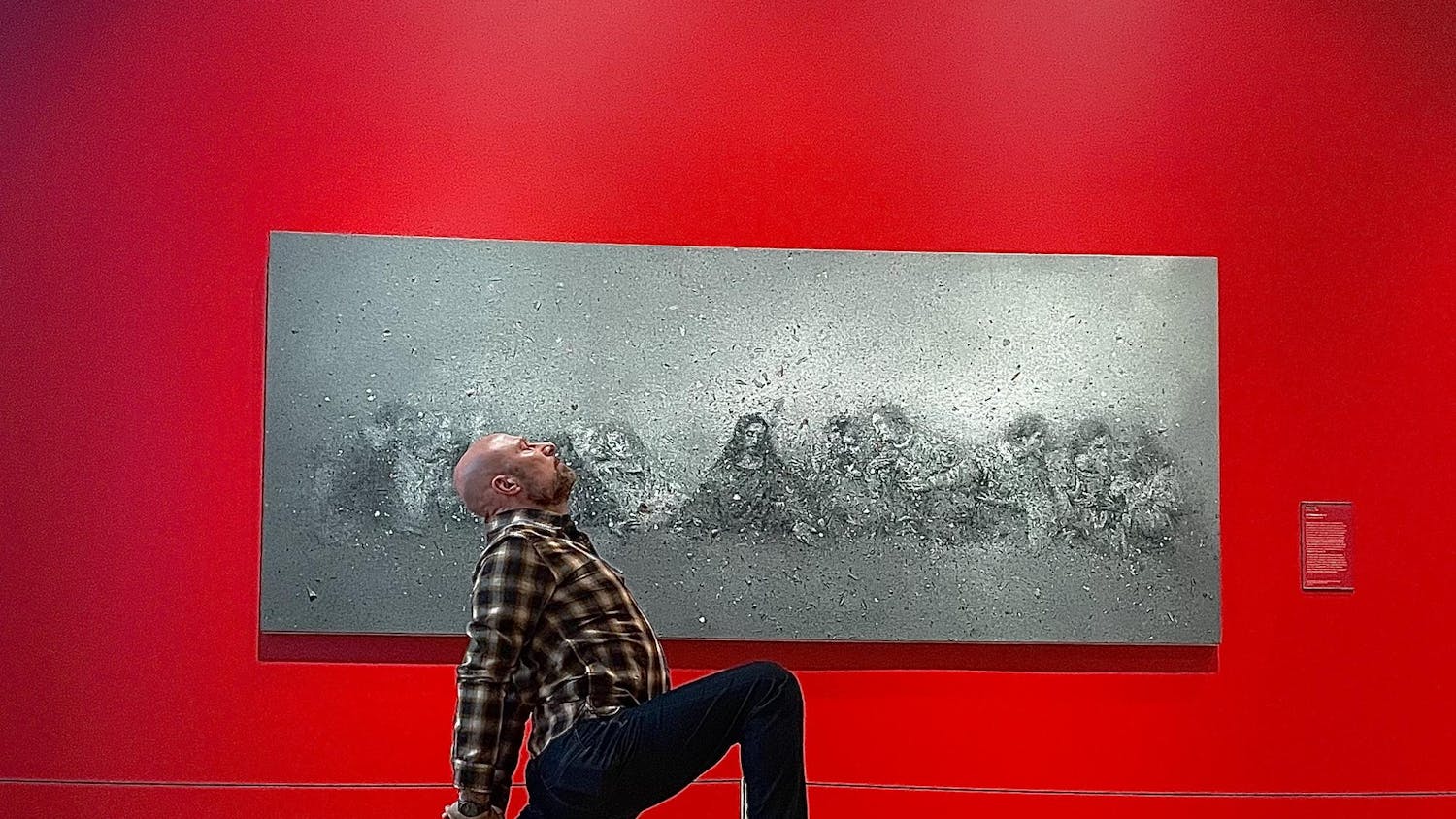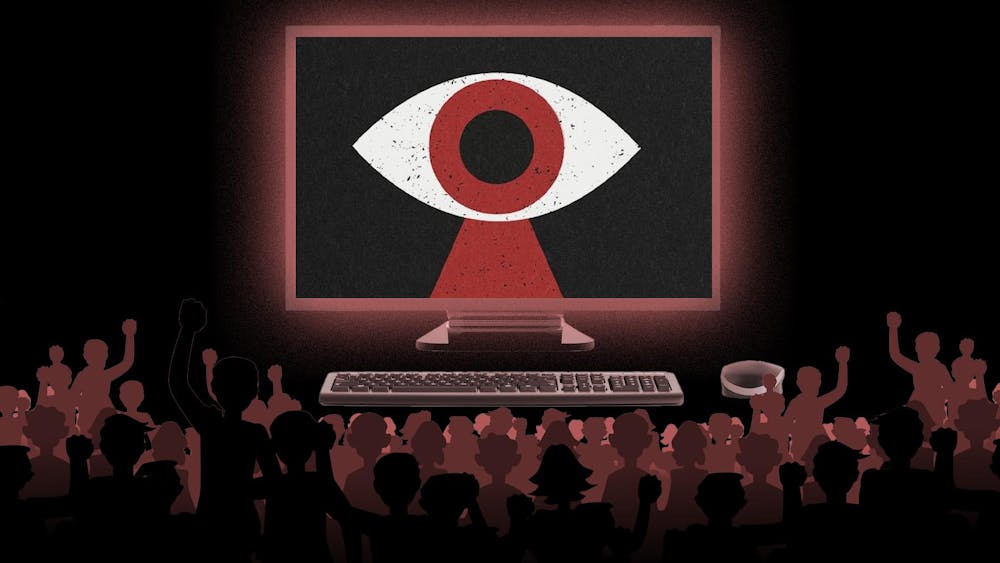Neurodivergence is a crucial aspect of humanity that often goes unrecognized. However, it is imperative to not merely evaluate neurodivergence in a vacuum but also in the context of other aspects of one’s identity. Last semester, I explored how particular racial identities influenced experiences of neurodivergence. In a different piece, I sought to learn more about the unique challenges faced by women with conditions like autism or ADHD.
In this week’s edition, I’d like to return to the theme of intersectionality, especially along the lines of divergent gender and sexual identities. While this form of intersectionality has been widely discussed in neurodivergent communities, I don’t see it being spoken about in many other circles. Therefore, I hope that my article will present a new, thought-provoking perspective on divergent identities, and how we can collectively embrace them with love and compassion.
In many aspects, the lives of the neurodivergent and those who are LGBTQ+ overlap. For example, “passing” is a common experience, as members of both groups navigate daily anxieties concerning when and to who they should review the “invisible” aspects of their selfhood. Unfortunately, many neurodivergent and LGBTQ+ individuals might live, study or work in unwelcoming environments, forcing them to conceal parts of themselves to avoid the risk of being alienated or excluded.
Members of both groups also deal with their behaviors being viewed as unnatural in the public sphere. Neurodivergent folks like me often feel the desire to stim, but we often worry that doing so will invite judgmental looks from those who don’t fully understand what we’re doing. In a similar vein, gay couples might feel hesitant to outwardly express their romantic connections, as doing so might result in backlash from those who view non-heterosexual romance as “deviant.”
Finally, there exist many young neurodivergent and LGBTQ+ people who sadly experience the degrading effects of therapies that try to stamp out their differences rather than dignifying them. Many gay folks have endured “conversion” or “reparative” therapy, while many folks with autism or ADHD experience therapies that aim to leverage behavioral psychology in ways that punish neurodivergent behavior (Nichols). While many of these approaches might be viewed by some as humane, they result in children losing self-confidence and — at worst — considering that they have no place in their communities.
However, the connections between the neurodivergent and LGBTQ+ communities go beyond similar experiences, as there are numerous individuals who are part of both. A University of Cambridge study has revealed that autistic people are more likely to be LGBTQ+, and studies have also demonstrated how neurodivergent youth identify as transgender more often than their neurotypical peers (Nichols). Existing at such an intersection, these people encounter unique roadblocks, receiving backlash for multiple aspects of their identities.
Fortunately, whether someone is neurodivergent, LGBTQ+ or both, we can offer the same things: acceptance and love. People must accept the call to be counter-cultural — that is, while it might be easy to succumb to traditional standards of normalcy, we will achieve more compassionate communities if we expand our empathy and allow ourselves to conceptualize humanity beyond our preconceived ideas. Such a task also requires us acknowledging the dignity of people within these communities. Neurodivergent and LGBTQ+ folk are made more human through their divergent qualities, not less.
Catholic institutions like Notre Dame have a special obligation in this matter. Due to experiences of discrimination and prejudice, any people, especially younger people, might feel like their identities are incompatible with participation in such institutions. Catholic organizations have an opportunity to change the narrative, to create more opening communities that replicate Christ’s openness to forming connections with those often excluded by greater society. As Nichols indicates, “when we teach that God and the church accept these people unconditionally, LGBTQ and neurodiverse people can find peace, joy and wholeness.”
Indeed, love should not be withheld behind caveats — everyone is deserving of and requires genuine human connection in order to flourish. While both neurodivergent and LGBTQ+ people have both suffered due to exclusionary ideas about proper behavior, this doesn’t have to be inevitable. Adjusting how you think about and discuss these divergent identities can have a ripple effect, creating more open and loving environments that make people comfortable sharing their identities rather than concealing them.
As I am graduating at the end of this year, this will be my last post for NeuroDivergence. I’m incredibly grateful for the opportunity every other week to contemplate a new aspect of the complicated but beautiful topic of neurodivergence. In writing these articles, I’ve not only become more familiar with my own character, but I’ve also become more aware of how other people confront the same challenges in distinctive ways. I hope that my articles are not the end but rather the start of deep conversations about neurodivergence’s importance in the collective human experience. If nothing else, I hope readers are open to having their expectations about other people changed … or rather, diverged.
Jack Griffiths is a senior at Notre Dame majoring in English with a supplementary major in global affairs. His areas of interest include neurodivergence, migration and the intersections between faith and public policy. When he’s not writing, you can find him singing with the Liturgical Choir, walking around the lakes or playing Super Smash Bros with folks in his dorm. He can be reached at jgriff22@nd.edu.
Intersectionality revisited — neurodivergence and the LGBTQ+ community
The views expressed in this column are those of the author and not necessarily those of The Observer.









